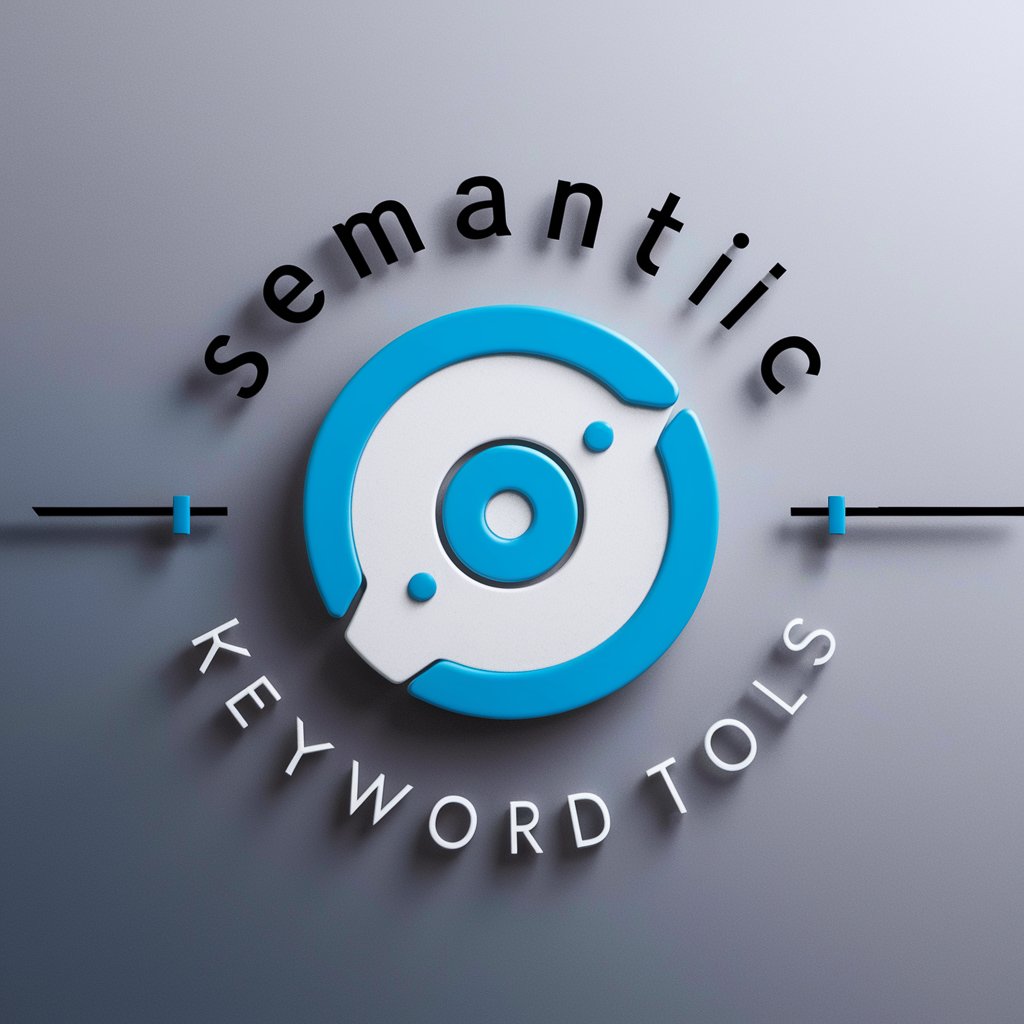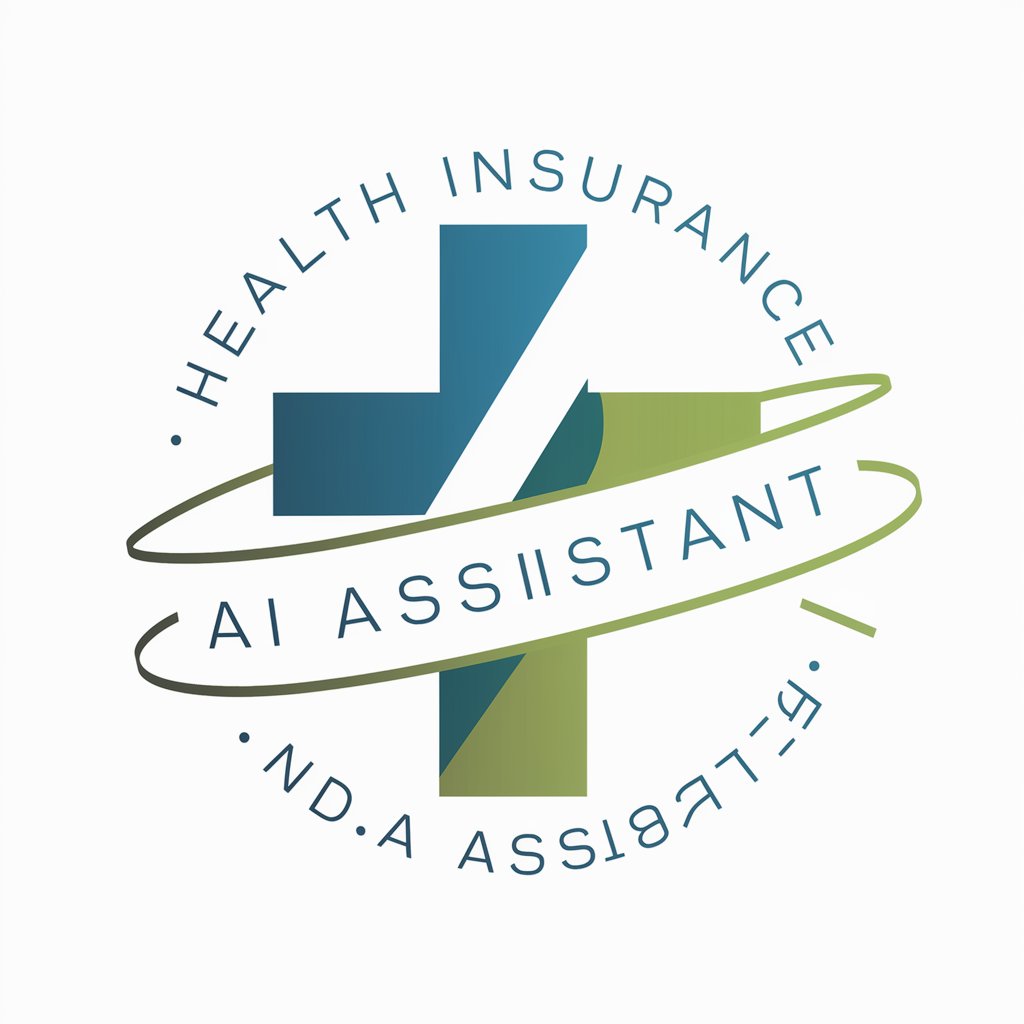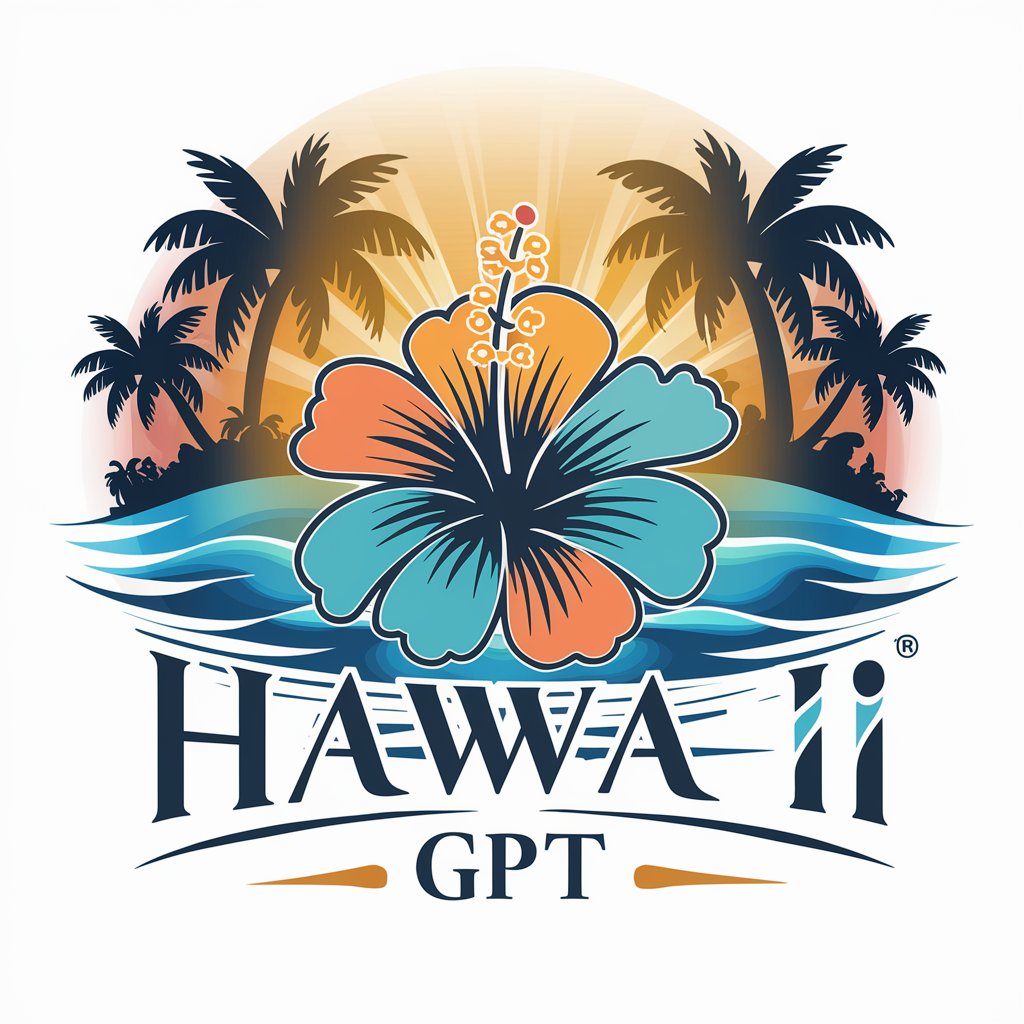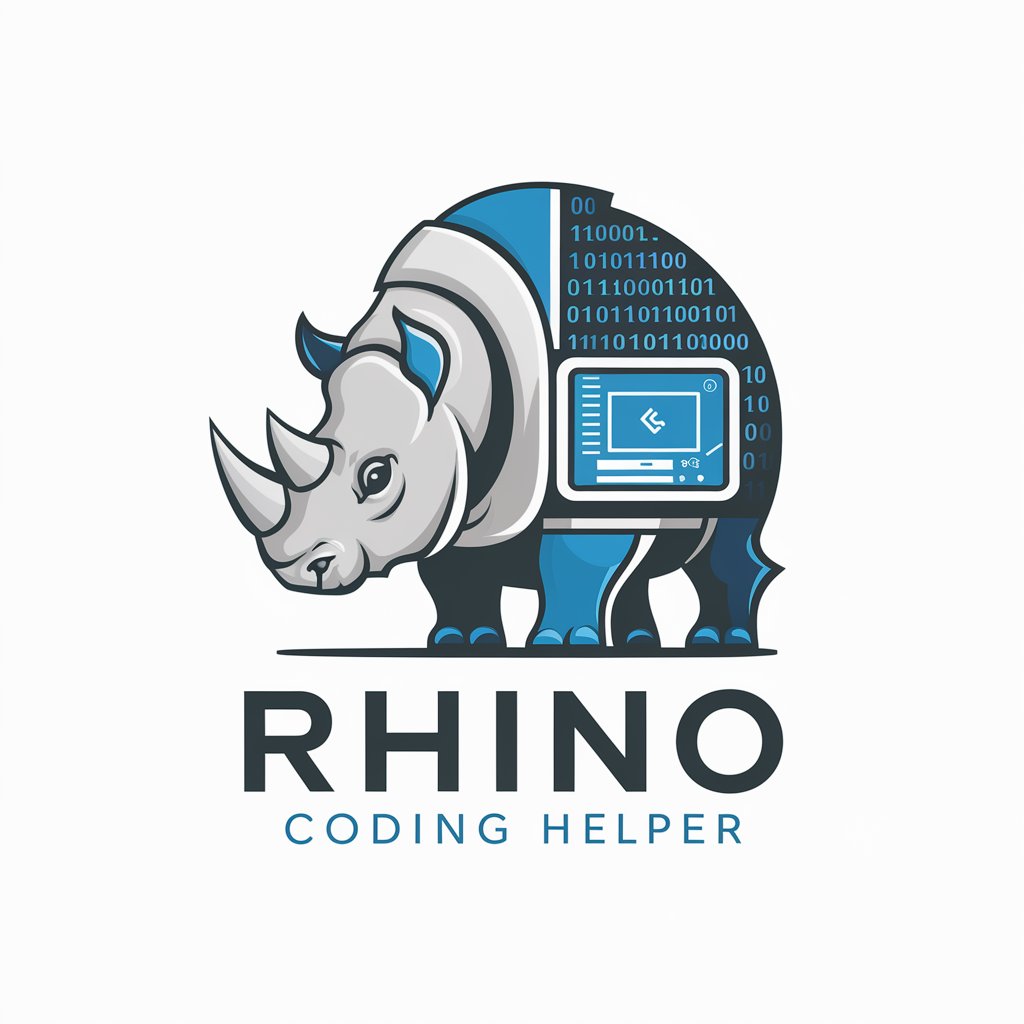Semantic Keyword Tools - Semantic Expansion Aid

Hey there! Ready to boost your SEO game?
Unveil the full potential of keywords with AI.
Give me 10 related entities for the keyword 'digital marketing'.
List 10 synonyms and 5 antonyms for the entity 'social media'.
What are 10 entities connected to 'content creation'?
Find 10 related entities for the keyword 'SEO tools'.
Get Embed Code
Dive Into Semantic Keyword Tools
Semantic Keyword Tools is like your SEO buddy, helping you beef up your online content by digging into the world of words and their connections. Imagine you're a chef, and I'm handing you the secret spices (a.k.a. keywords) that make your dish (content) stand out. I'm designed to spot the who's who and the what's what around your keyword, laying out a map of 10 related entities, and spicing things up with a mix of 1 holonym (a big-picture word), 10 synonyms (tasty alternatives), and 5 antonyms (the opposites) for each. It's all about serving up the right flavor that search engines and readers will love. Powered by ChatGPT-4o。

What's Cooking with Semantic Keyword Tools
Entity Identification
Example
For 'coffee', entities might be 'espresso', 'latte', 'barista', etc.
Scenario
Perfect when you're writing about coffee but want to cover all bases, from types to who makes it.
Lexicon Expansion
Example
Holonym for 'espresso' could be 'beverage', synonyms might include 'ristretto', 'mocha', and antonyms could be 'tea', 'juice'.
Scenario
Great for when you're stuck on repeat, using 'espresso' too much and need fresh words to keep readers engaged.
Content Optimization
Example
Using the identified entities and lexicon to enrich a blog post about coffee culture.
Scenario
When your coffee blog feels a bit flat and needs that extra zing to captivate coffee aficionados and newbies alike.
Who's at the Table?
Content Creators
Bloggers, copywriters, marketers - the wordsmiths crafting stories online. You're all about engaging and informing, and I'm here to arm you with a thesaurus full of ammo.
SEO Specialists
The strategists playing the search engine game. You're constantly decoding Google's mind, and I'm your insider, offering the keyword keys to unlock higher rankings.
Digital Marketers
The maestros of online campaigns, always on the hunt for that catchy phrase or hook. I help sprinkle that extra magic into your campaigns, making your ads irresistible.

How to Use Semantic Keyword Tools
Start Your Journey
Head over to yeschat.ai for a no-cost trial, bypassing the need for login or ChatGPT Plus subscription.
Define Your Objective
Clarify your goals by identifying the topic or keywords you wish to explore. This will help tailor the tool's output to your needs.
Enter Keywords
Input your primary keyword or topic into the designated field to generate a comprehensive semantic analysis.
Analyze the Results
Review the provided entities, synonyms, and antonyms to understand the semantic landscape of your keyword.
Apply Insights
Leverage the semantic insights in your content creation, SEO strategies, or academic research to enhance relevance and visibility.
Try other advanced and practical GPTs
Få Feedback På Dina SV-Texter
Empower Your Writing with AI

海龟汤 Situation puzzle
Unravel Mysteries with AI-Powered Story Deduction

Health Insurance Indiana Ai Assistant
Navigate Health Insurance with AI Power

Corporate Finance GPT
Empowering finance decisions with AI

Hawaii GPT
Your AI-powered guide to Hawaii

Affordable Health Insurance Ai
Simplifying Health Insurance with AI

Astrid
Empowering decisions with AI insight

Pop Culture Pulse
Your AI-powered pop culture companion.

ChanelTracker
Elevate Your Chanel Knowledge with AI

RHINO Coding Helper(中文版)
AI-powered GitHub Code Expert

Poets, Plays and Politics of Ancient Greece Tutor
Illuminate Ancient Greece with AI

PC Game Radar
Discover Your Next Favorite Game

FAQs about Semantic Keyword Tools
What is a Semantic Keyword Tool?
It's a specialized AI tool designed to expand your understanding of keywords by identifying related entities and generating a list of synonyms and antonyms, enhancing content relevance.
How does Semantic Keyword Tools benefit SEO?
By uncovering related terms and concepts, it allows for richer content creation that covers a broader semantic field, potentially improving search engine rankings.
Can I use Semantic Keyword Tools for academic research?
Absolutely! It's great for uncovering related terms and concepts that can broaden your research scope and literature review.
Is there a cost to using Semantic Keyword Tools?
The initial trial is free at yeschat.ai, offering a straightforward way to test the tool's capabilities without a commitment.
How often is the semantic lexicon updated?
The tool's database is regularly updated to reflect the latest linguistic and semantic developments, ensuring users have access to current information.
